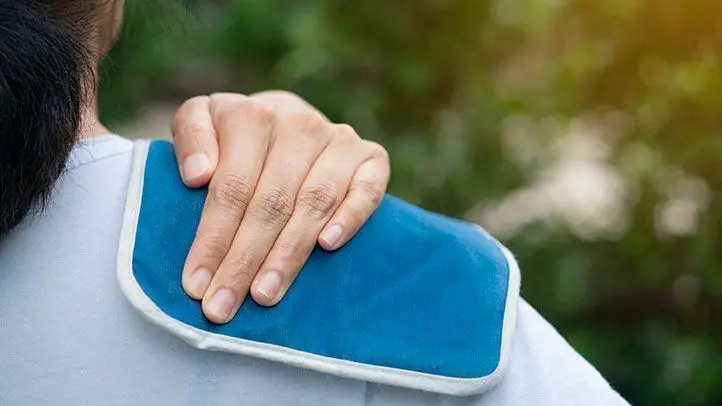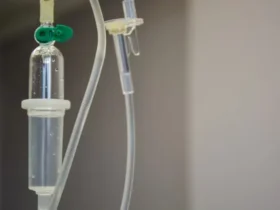Medications are the most common pain treatment but can have side effects. Alternatives can ease pain, stiffness, and swelling and reduce dependency on medication.
Change the way you do daily activities to reduce joint stress. Balance activity with rest, and listen to your body’s signals for when it is tired.
Increased Flexibility and Mobility
Many people with arthritis tend to keep their joints bent, especially those in the knees and hands. While this may temporarily relieve pain, keeping a joint in one position for too long can permanently limit its mobility and cause it to deteriorate. Regular exercise programs that focus on improving flexibility and strengthening the muscles around a compromised joint can protect it from further damage and reduce the need for medication.
Moderate physical activity — including jogging, swimming, and low-impact exercises such as yoga or tai chi — can increase energy levels and improve mood. It can also help prevent weight gain, which can put additional stress on painful joints.
People with arthritis should seek medical advice before starting any exercise program. A physiotherapist can create a safe program for them to follow. The arthritis pain services Jersey City, NJ may include range-of-motion exercises that involve straightening the affected joints, one at a time until they reach a comfortable bend.
Better Sleep
Getting a good night’s sleep is important for your body. It can help reduce fatigue, improve mood, and increase energy levels. Sleep can also improve pain and inflammation in the joints.
However, arthritis can make it hard to fall asleep and stay asleep. It can also cause you to wake up frequently throughout the night, causing you to lose sleep quality.
Acupuncture and massage can help ease the pain and tension so you can have a more restful sleep. Having a consistent bedtime and waking-up routine can also help your body to get into a rhythm that will make it easier to fall asleep at night.
Try not to drink too much caffeine or alcohol before you go to bed. Caffeine is a stimulant, and alcohol can disrupt your sleep cycle. You can use heat therapy before sleep, such as a hot bath, to ease the pain and relax your muscles.
Reduced Stress and Anxiety
Getting arthritis treatment and managing pain can reduce anxiety levels and the negative impacts that come from them. As you work with a healthcare team to get your symptoms under control, you will have more confidence in your ability to handle the challenges that come with daily life. Going for an orthopaedic surgery can be super easy if you collaborate with the team and stay in touch in advance.
Keeping up with household chores, caring for children, and maintaining social relationships can also cause stress, but there are ways to help manage these challenges. Try setting aside time for yourself and incorporating relaxation techniques, such as meditation or light stretching, into your routine.
Taking non-steroidal anti-inflammatory drugs can also control pain and improve your mood. Exercise can also increase energy and improve flexibility, even if you start slowly. Many Arthritis Foundation chapters have clubs and support groups that can provide a forum for discussing issues with others dealing with similar problems, which can also provide comfort.
Increased Self-Esteem
Inflammation, tenderness, pain, and stiffness of the joints are the main symptoms of arthritis. There are more than 100 types of arthritis, ranging from noninflammatory joint conditions like osteoarthritis (OA), which occurs with age, to inflammatory joint diseases, such as rheumatoid arthritis (RA).
Most people can find some relief from over-the-counter (OTC) medications and natural treatments. Examples include exercise, hot and cold therapy, herbal supplements and medicines, massage, acupuncture, and mindfulness meditation. However, always discuss alternative treatment options with your doctor before trying them. Some may pose health risks or interfere with prescription treatments.
Specialized clinics that focus on managing chronic pain offer many benefits for people with RA and other inflammatory types of arthritis, such as fibromyalgia. They often consist of several weeks of intensive sessions that include physical, occupational, and relaxation therapies. These can benefit those suffering from these conditions and give them the tools to regain control of their lives.










Hello!! My name is Annabella
I love to eat, travel, and eat some more! I am married to the man of my dreams and have a beautiful little girl whose smiles can brighten anyone’s day!